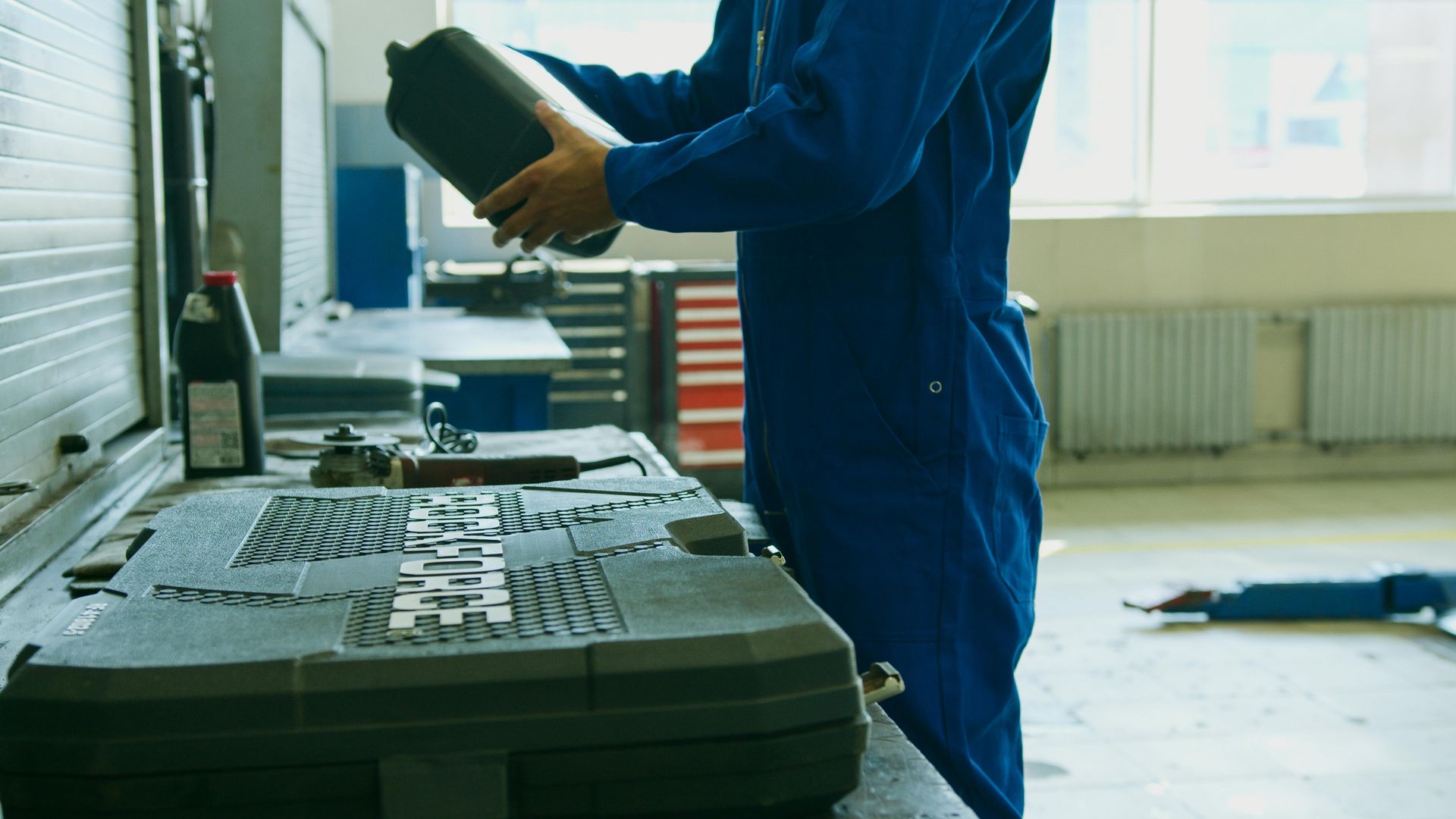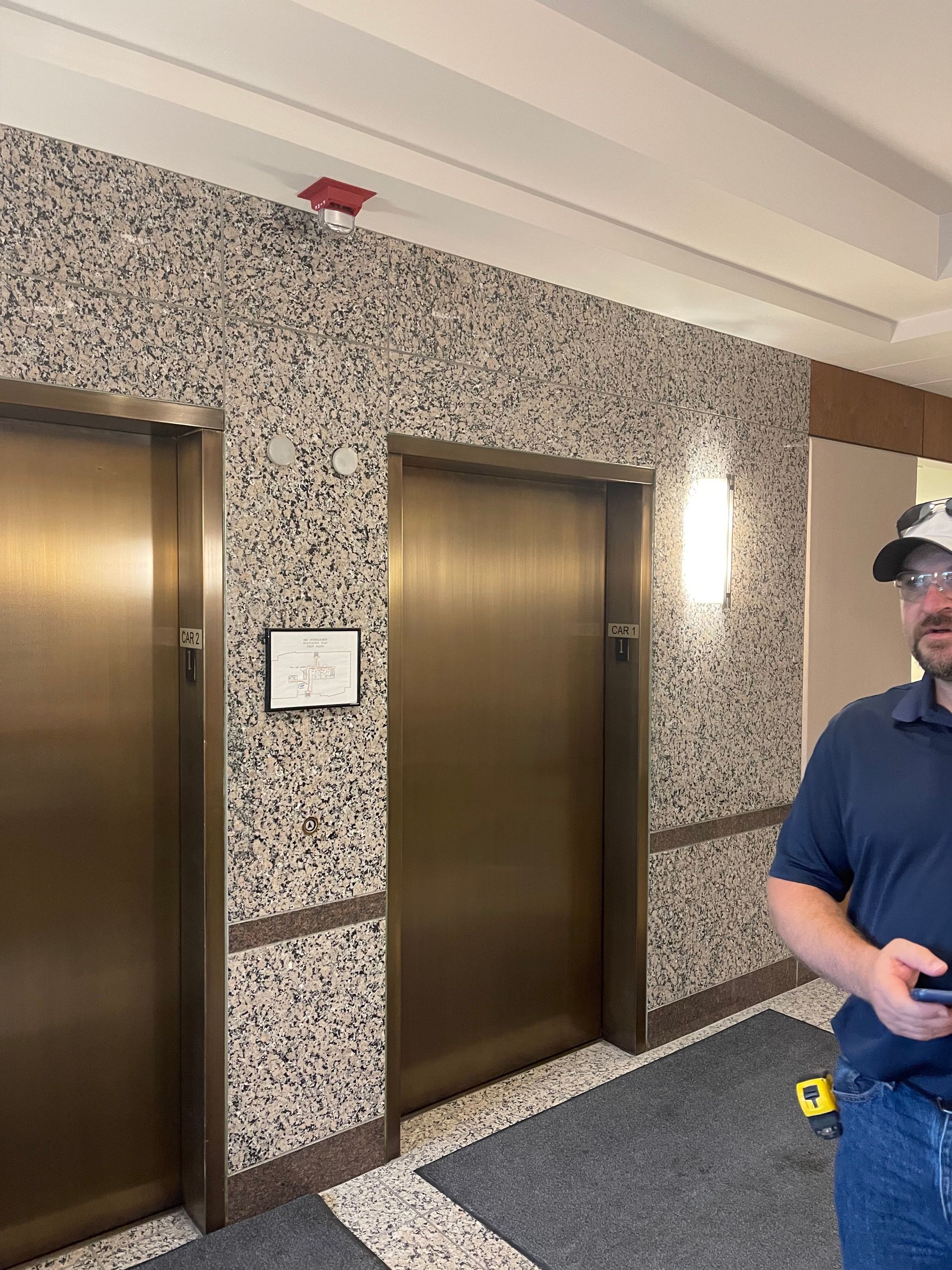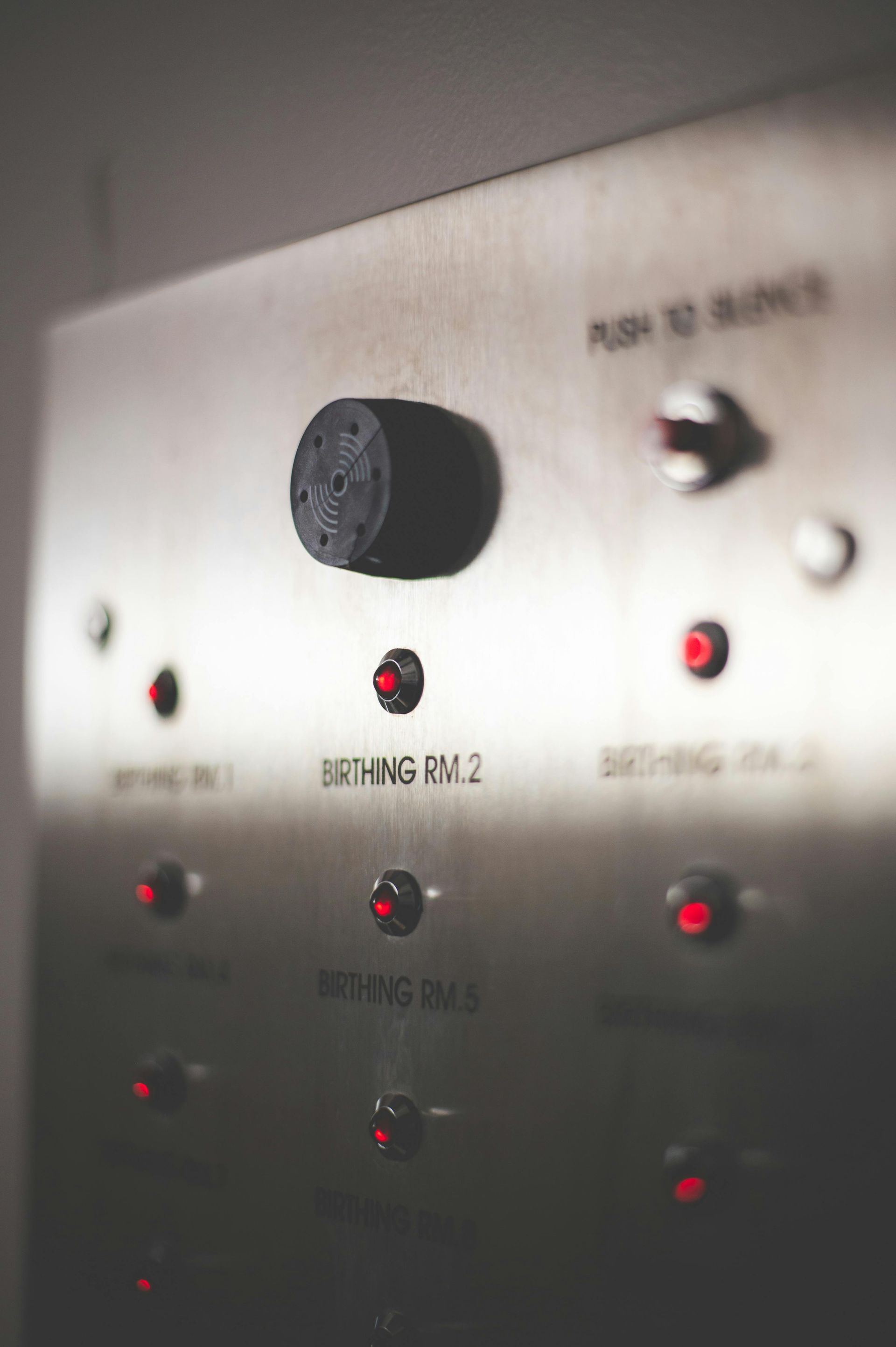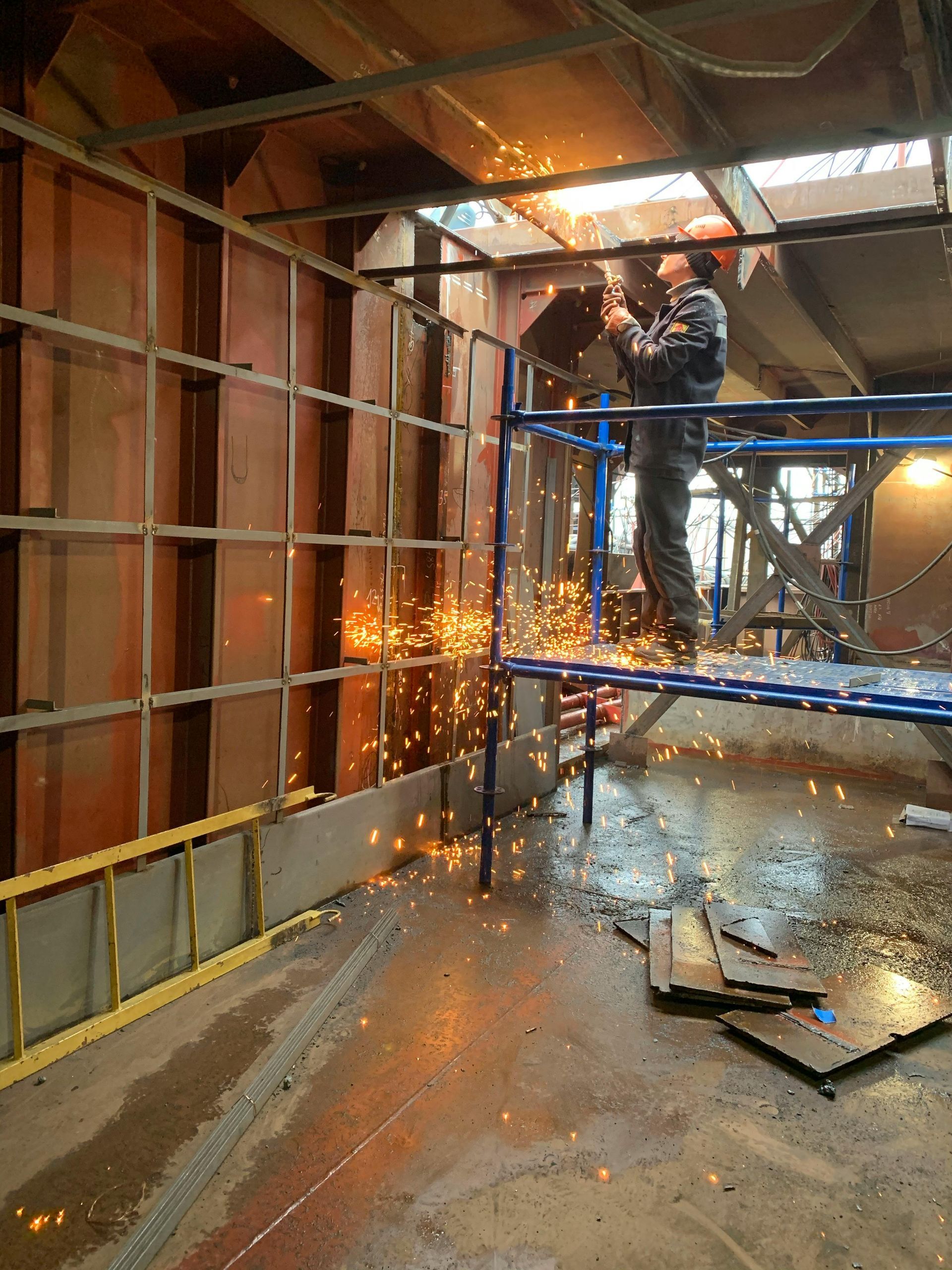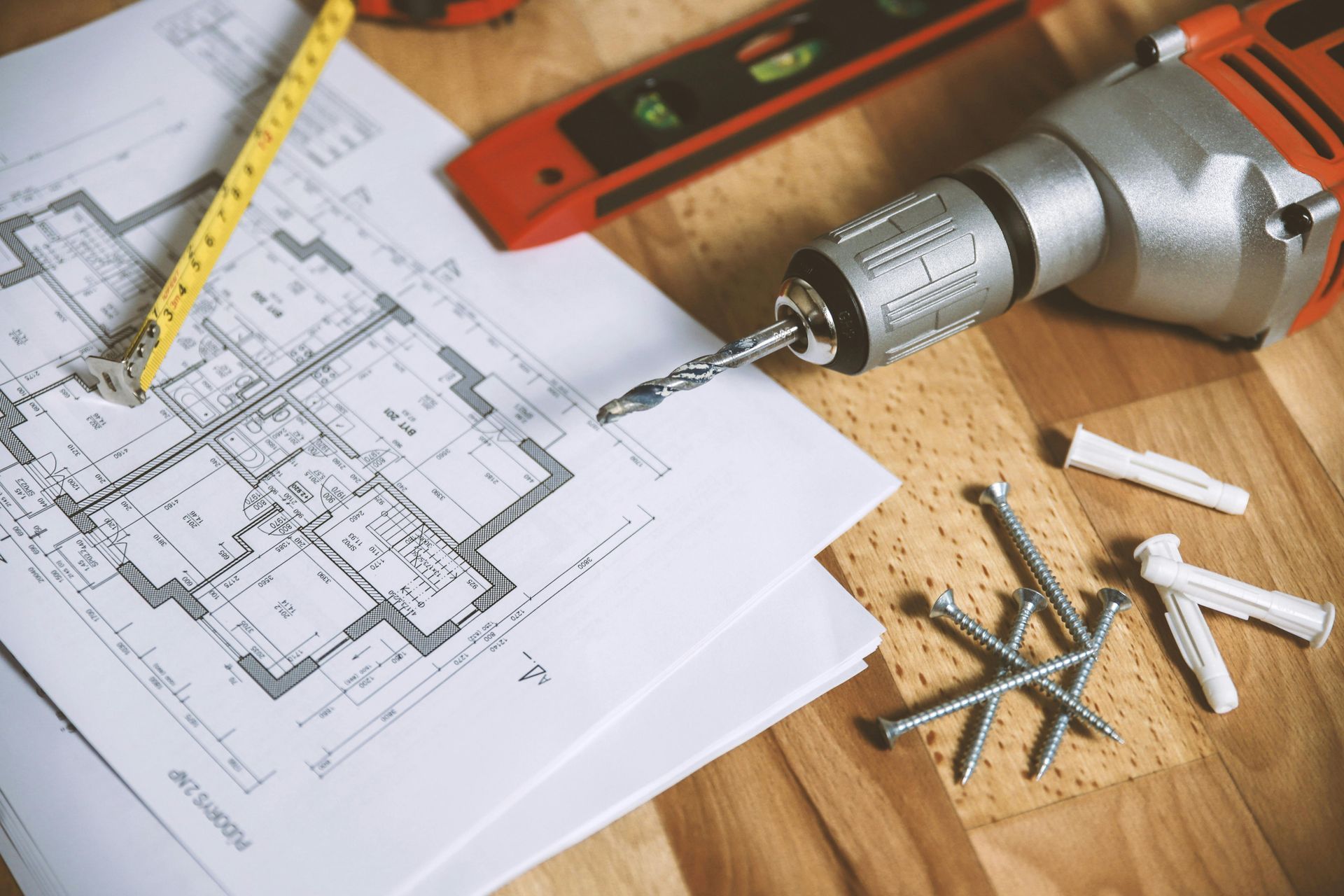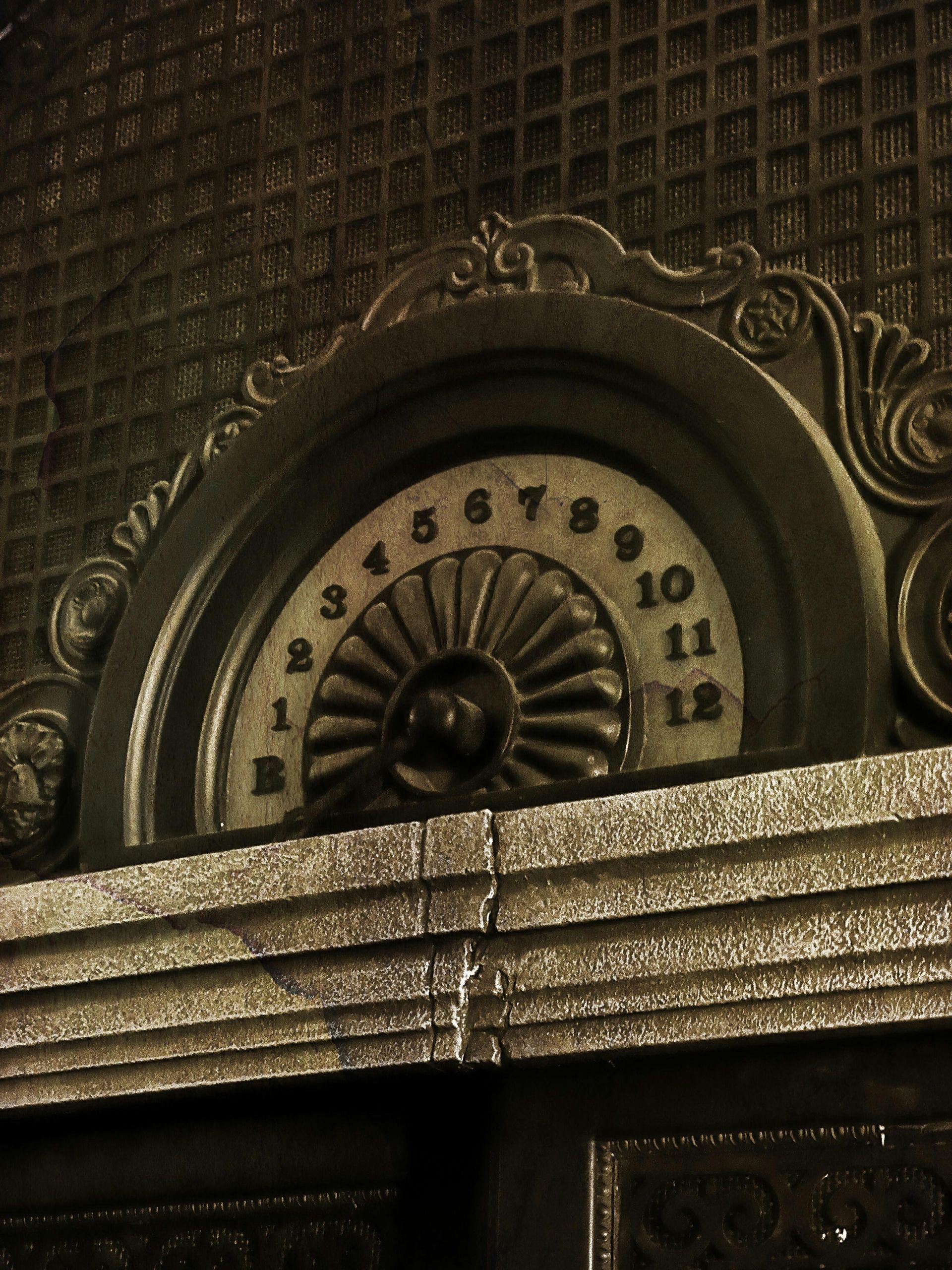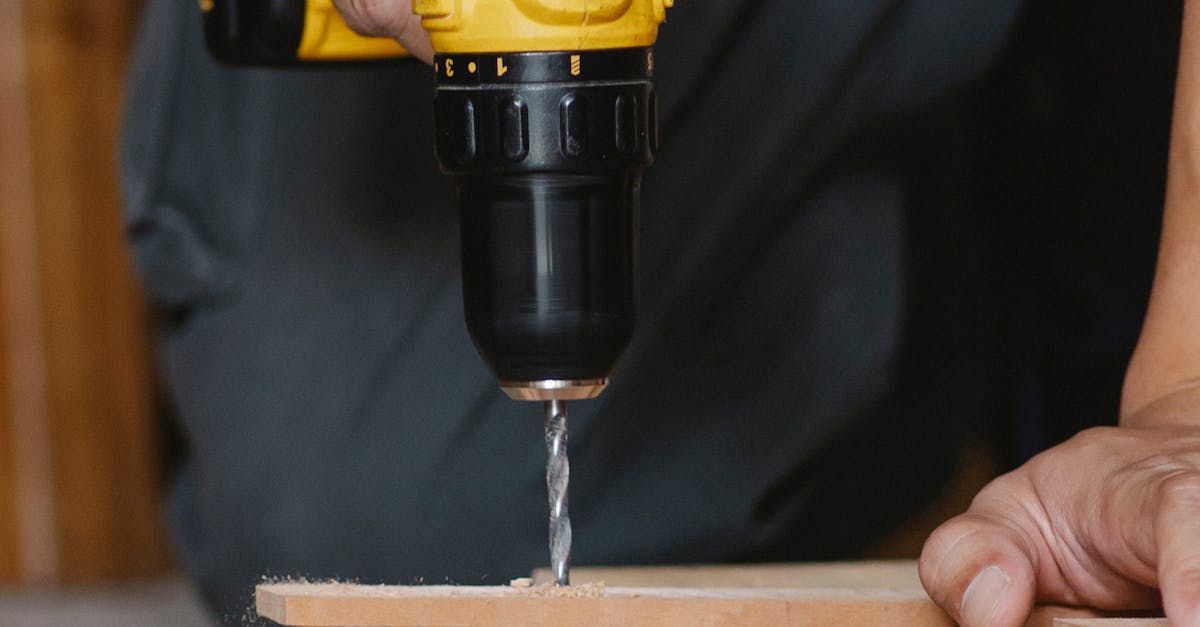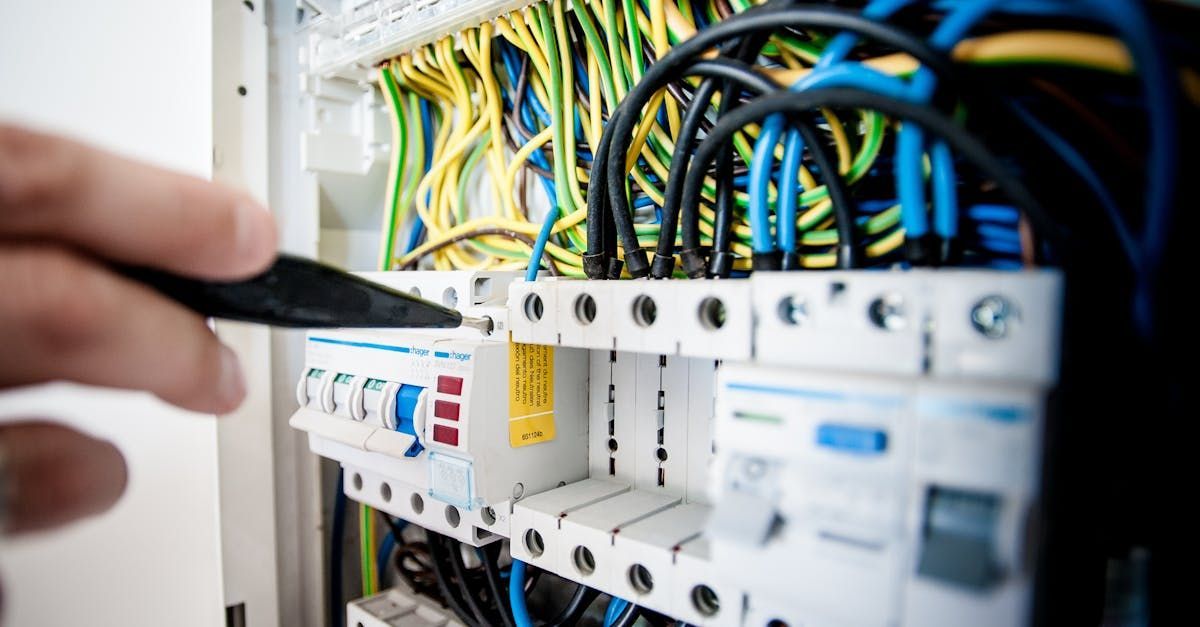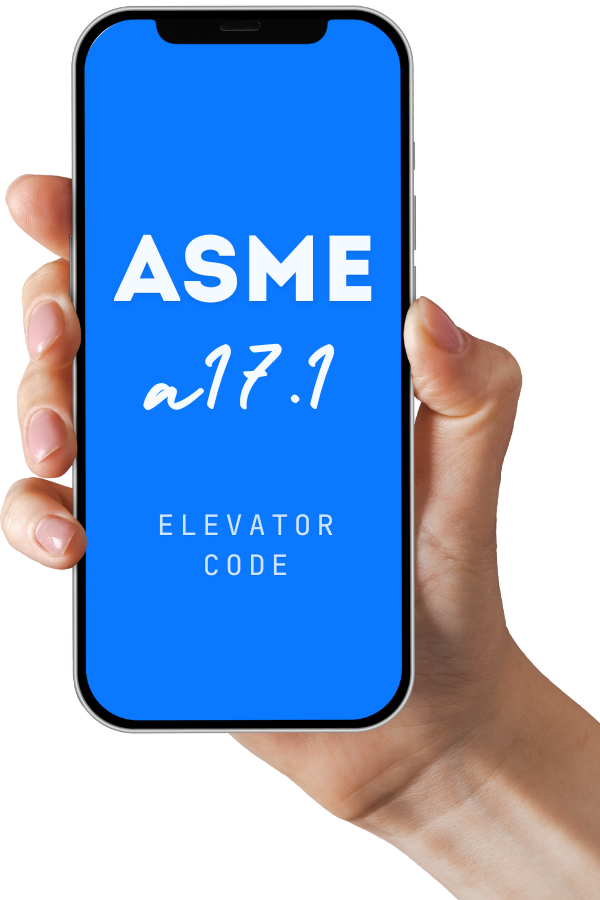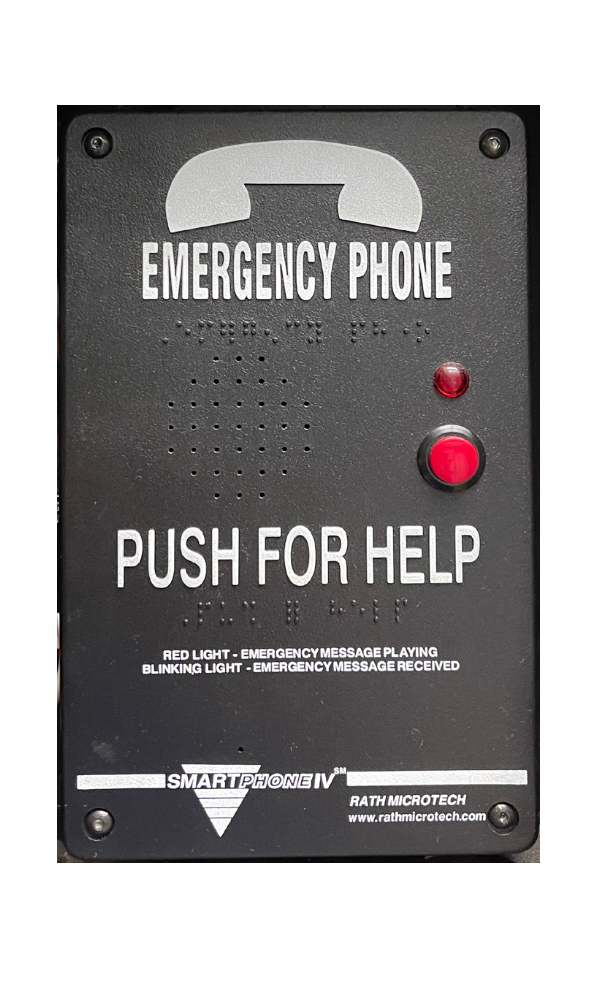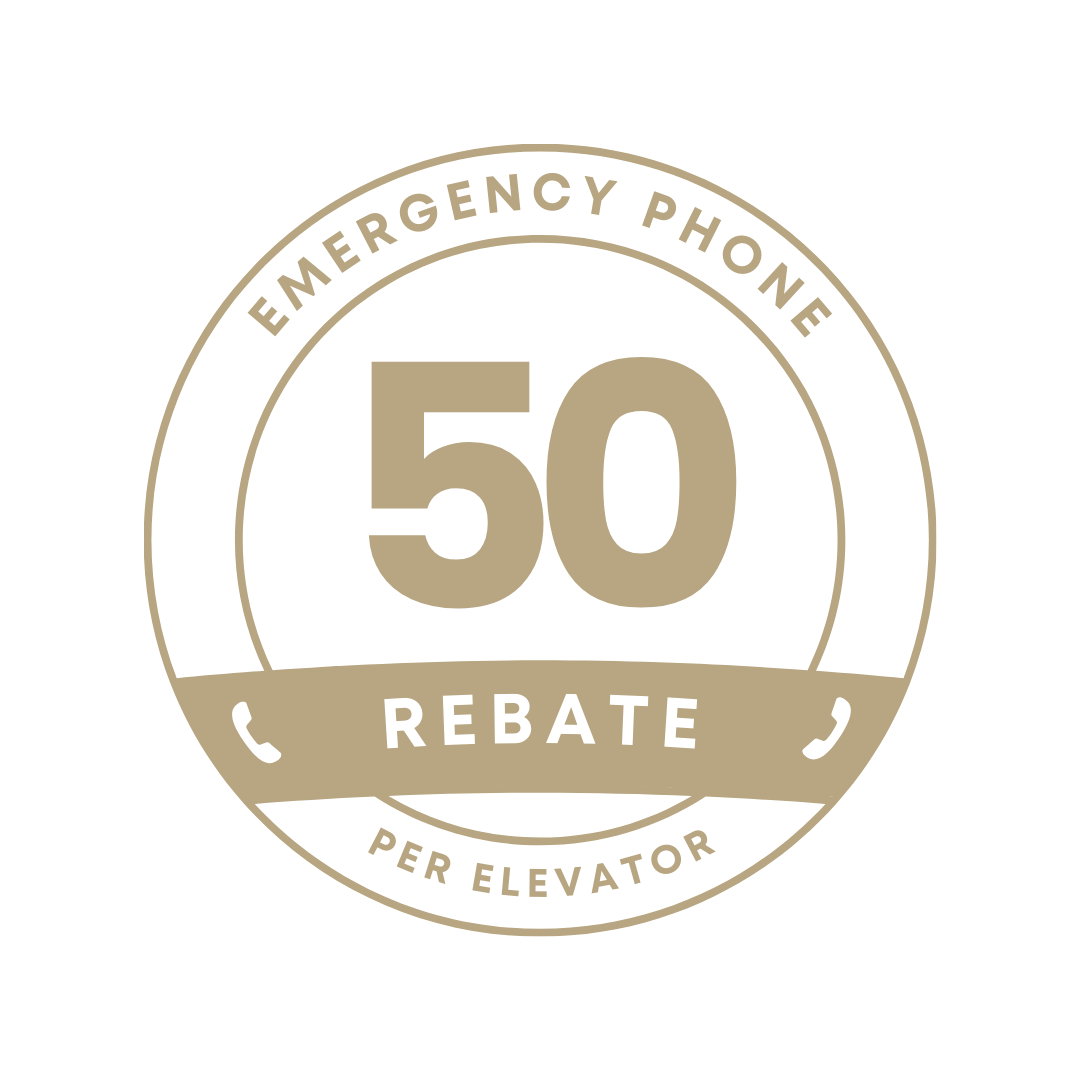Elevator Consultant Jobs
Key Highlights
- Elevator consultants are highly specialized professionals who play a crucial role in the safe and efficient operation of vertical transportation systems.
- They are responsible for design, inspection, testing, and modernization of elevators and escalators.
- With a growing construction industry and increasing focus on safety regulations, there is a high demand for qualified elevator consultants.
- Becoming an elevator consultant requires a specific educational background, experience, certifications, and licenses, varying by state.
- This blog post aims to guide aspiring elevator consultants about the profession, necessary steps to pursue this career path, current job market trends, and top cities offering lucrative opportunities.
Introduction
This complete guide gives helpful general information for anyone interested in becoming an elevator consultant. We will look at the key parts of this job, see the growing number of job openings in the United States, and help you decide if this tough but rewarding career matches your goals.
Understanding the Role of an Elevator Consultant
An elevator consultant is a professional who knows a lot about vertical transportation systems. This includes elevators, escalators, and moving walkways. They are important at every step of these systems' lifecycles. This starts from the design and planning stage to installation, maintenance, modernization, and inspection.
Their main goal is to keep people safe and make sure everything works well and follows the rules. Elevator consultants work with building owners, architects, contractors, and regulatory authorities to reach these goals. They mix their technical skills with real-world experience to offer cost-effective and dependable solutions for many projects.
Key Responsibilities and Duties
Elevator consultants do many tasks related to vertical transportation consulting. They carry out inspections to check the state of elevators and escalators. They look for safety risks and problems with the building codes.
They also create plans for maintenance and modernizing elevators. These plans fit the needs of each building and meet industry safety rules. This helps the equipment to work well, last longer, and follow the latest safety measures.
Elevator consultants are also vital in designing and installing new elevator systems. They work closely with architects and contractors. Together, they decide the right type, size, and capacity of elevators for each building. This ensures that everything blends well with the building's design and how it works.
Skills and Qualifications Needed for Success
To succeed as an elevator consultant, people need a special mix of skills. They should have technical know-how, good communication, and strong problem-solving abilities. First, a good understanding of mechanical, electrical, and structural engineering is very important. This knowledge helps them grasp how elevator systems work.
Also, good communication and coordination skills are key for working well with clients, contractors, and regulatory groups. Elevator consultants must explain technical details simply and clearly. They need to answer questions and give good advice.
In addition, strong problem-solving skills matter a lot in this job. Consultants often face surprises along the way. They must look at the situation, find the main issues, and come up with useful solutions. They also have to follow safety rules and stay within budget.
Pathways to Becoming an Elevator Consultant
Starting a career as an elevator consultant needs a mix of education, training, and experience. The exact requirements can change based on the state and employer. However, a strong background in engineering and some important certifications are key.
People who want to be consultants usually start by getting a bachelor’s degree in mechanical, electrical, or vertical transportation engineering. At the same time, it helps to get hands-on experience. Internships or entry-level jobs in elevator installation, maintenance, or inspection are great for building skills.
Education and Training Requirements
In the United States, most jobs for elevator consultants require at least a bachelor's degree in a related engineering area. Employers prefer degrees from ABET-accredited programs in mechanical, electrical, or vertical transportation engineering. These programs help build a strong understanding of elevator systems.
People who want to become elevator inspectors can improve their skills and knowledge through special training programs. These programs are provided by vocational schools, technical institutes, and industry groups like the National Association of Elevator Safety Authorities (NAESA) and the International Union of Elevator Constructors (IUEC). The training covers elevator codes, safety rules, inspection steps, and fixing methods.
Getting important certifications is key for moving up in your career. Certifications show that a person is skilled and committed to professional standards. Many employers look for these credentials. Notable certifications include the Certified Elevator Inspector (CEI) from NAESA and the Qualified Elevator Inspector (QEI) from the American Society of Mechanical Engineers (ASME).
Certifications and Licenses: A Closer Look
Different states and jurisdictions have specific licensing requirements for elevator inspectors. Applicants typically need to meet minimum qualifications, such as a combination of education and work experience, and pass a rigorous examination. The licensing process ensures that inspectors possess the necessary knowledge and skills to perform their duties competently.
Certified Elevator Inspector (CEI) - NAESA - Validates competency in elevator inspection
Qualified Elevator Inspector (QEI) - ASME - Demonstrates knowledge of elevator codes and standards
Obtaining these certifications enhances an individual's credibility and employability within the industry. Staying updated on the latest safety regulations and technological advancements is crucial for maintaining professional certifications and licenses.
Navigating the Elevator Consulting Job Market in the United States
The elevator consulting job market in the US is growing steadily. This growth comes from ongoing construction, upgrades, and strict safety rules. There is a high demand for skilled elevator consultants, especially in big cities with many tall buildings.
Job seekers can find work with different companies. This includes elevator consulting firms like Elevator Consultant Solutions along with government agencies that make sure safety rules are followed. To land a job in this competitive field, networking, attending industry events, and using online job boards are good strategies.
Current Trends and Opportunities
The elevator industry is always changing because of new technology and trends. One big trend is the rise of smart elevators, destination dispatch systems, and energy-saving technologies. This is creating new job openings for consultants who know these areas well.
Also, there is a stronger focus on sustainability and green building practices. This opens doors for elevator consultants who can help clients use less energy and lessen the environmental impact of elevators.
Cities with a lot of tall buildings and infrastructure projects offer the best chances for new elevator consultants. Places like New York, Chicago, Los Angeles, and Houston are key spots for elevator consulting firms. They provide plenty of job opportunities.
Top Cities for Elevator Consultant Careers
- New York: New York has the most skyscrapers in the world. It has a busy elevator industry and lots of job openings.
- Chicago: Chicago is famous for its buildings and many high-rises. It is a great place for elevator consulting jobs.
- Los Angeles: Los Angeles is always growing with new skyscrapers and business buildings. This creates a strong need for elevator consultants.
- Houston: Houston's energy industry is booming, and there are many tall buildings. This means there are many jobs in elevator consulting here.
- Denver: Denver is growing fast with more people and businesses. This leads to higher demand for trained elevator workers.
These cities offer many job openings, good pay, and chances to grow professionally. They also allow you to work on famous and challenging projects. If you want to succeed in elevator consulting, it is important to network in these cities.
Conclusion
Elevator consultant jobs can be a rewarding career for those with the right skills and qualifications. To succeed, you need to understand what an elevator consultant does and what training and certifications are important. Stay updated on the latest trends and job openings in this field to improve your chances of success. If you want to know about education requirements or growth in certain cities, elevator consulting offers great opportunities for professional development. It is also important to keep up with changing safety rules and industry standards to do well in this important job.
Frequently Asked Questions
What are the average salary ranges for elevator consultants?
In the United States, an elevator consultant can make between about $65,000 and over $150,000 each year. This amount depends on experience, where they work, their certifications, and what tasks they have to do in their job.
How to stay updated with the latest elevator safety regulations?
To keep up with the newest elevator safety rules, people can take continuing education courses. They can also go to industry conferences and join organizations that share updates on regulations and best practices. Staying skilled with certifications is very important in this ever-changing field.





